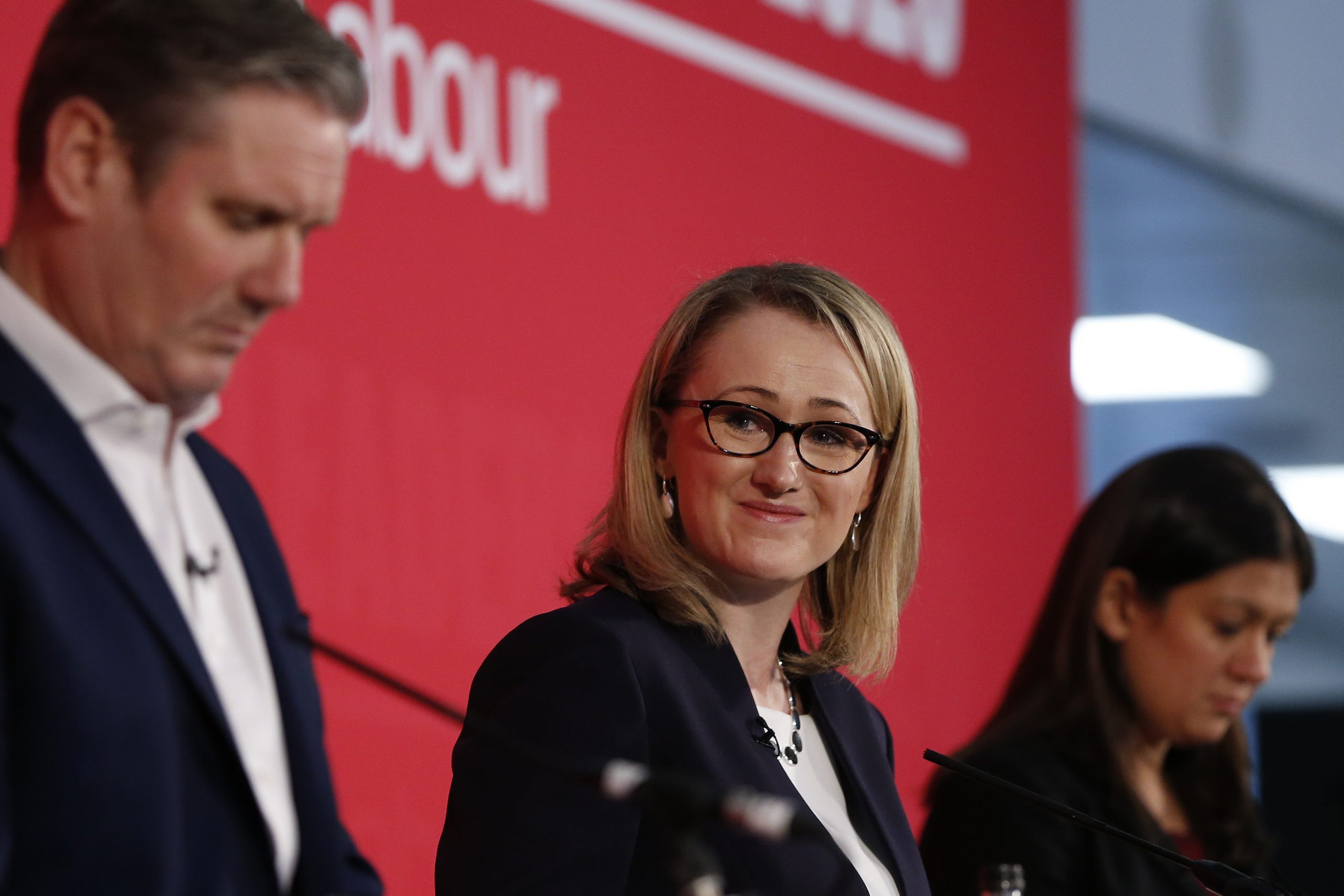
It can’t have been easy for much of the media these last months, since Keir Starmer’s election, with unity being the message emanating from all parts of the Labour movement.
I can only imagine then that they are now beside themselves with excitement at the sacking of Rebecca Long-Bailey, in the gleeful hope that an internal party war will now break out.
The recent Miliband report was right to warn of the disastrous consequences of disunity, but it failed to lay the blame where it belongs.
There is no point pulling punches on this: the right wing of the Parliamentary Labour Party set out to destroy Jeremy Corbyn from the moment he was elected leader. Their deliberate and documented damage to Labour’s electoral chances mark a disgraceful low in our party’s history. Contrast this dishonourable conduct with the way in which the left of the party has recognised Starmer’s mandate and got behind him; it is striking.
It is regrettable that some of them smell blood and, along with their “friends” in the media, are still calling for the purging of the so-called Corbynites. Even the “liberal” newspaper columnists are telling Keir to find his Clause 4 moment to ditch Corbynism, or as it ought to be more properly termed, socialism.
Let’s remember the great majority of party membership joined under Corbyn’s leadership. Likewise, don’t forget the large number of first-time voters who were rallied to vote for Labour in 2017, in large part by the new approach to politics that Corbyn personified. If a symbolic breach with his leadership means a return to the bland politics-as-usual that preceded him, we risk losing that support.
The Miliband report rightly emphasises that Labour needs to maintain the politics of radicalism introduced by Corbyn and McDonnell. A myth has been conjured up that Labour’s economic strategy of the past five years lacked credibility. This is simply untrue. Yes, I accept that in an effort to cloud Labour’s position on Brexit, the 2019 manifesto was over-stuffed with policies to the point of creating disbelief. But read the Miliband report – the policies with the broadest public support were: ending austerity and boosting public spending; nationalising the railways and utilities; the green new deal for climate-friendly industrial investment; and raising the minimum wage.
The central message is plain enough – a radical economic offer is essential for Labour’s appeal, and any attempt to go backwards towards timidity in challenging the status quo will be fatal.
Indeed, the Clause 4 moment some are urging on Starmer, invoking Tony Blair’s repudiation of Labour’s historic constitutional commitment to common ownership, should really mean its restoration. What else might be meant? Backing Trump in a new Middle East war with Iran? Welcoming the Israeli annexation of Palestinian land on the West Bank? Or attacking trade unions for sticking up for their members’ safety during coronavirus.
Keir Starmer plans none of these because they would be wrong in principle and they would shatter Labour’s prospects of electoral success by cleaving its coalition of support.
The Covid-19 crisis, which threatens millions of jobs, needs a clear vision and leadership to invest in our industries and communities. Keir is correct to put the urgent need to avert a jobs cliff-edge this summer front and centre of the party’s campaigning, and he has the support of every trade unionist in the country on this. A Labour Party united, as our class faces such challenging times, is essential.
The sacking of Rebecca Long-Bailey was a mistake, perhaps brought about, in my opinion, by a lack of clarity in communications. But Starmer needs to reject the siren voices who want him to abandon the mission that he has embraced. He ran for leadership on a ten-point platform that echoed the radicalism of our party members and trade unions. He committed to maintaining those political values “based on the moral case for socialism”. He prioritised unity above all else and any damage done to that unity he must be now quick in repairing.
I urge comrades to stay in the Labour Party and to fight for those values that the people of our nations deserve, and I hope those around Keir Starmer realise that the only route to No 10 lies in party unity. Any other thoughts are the first step on the road to perdition.






